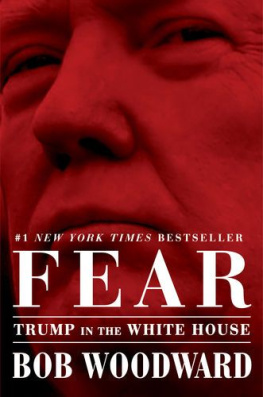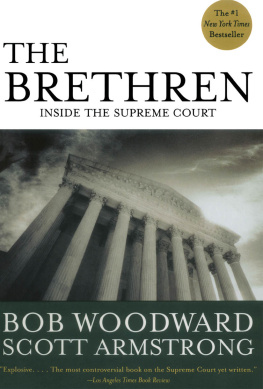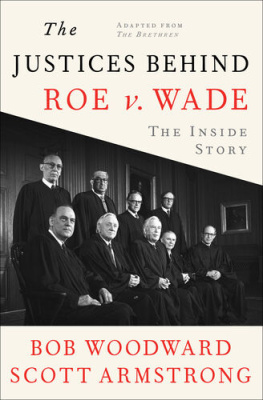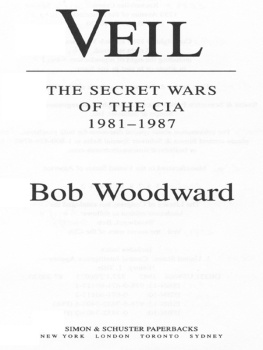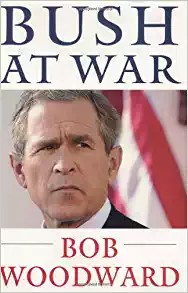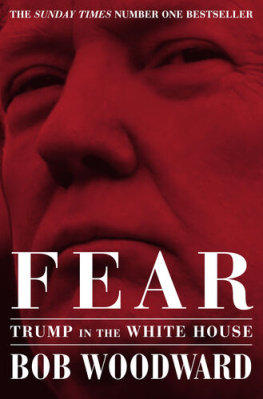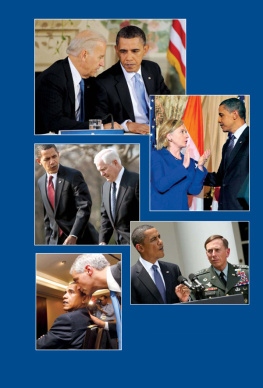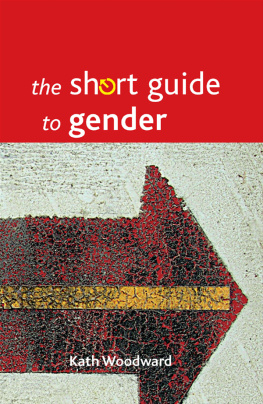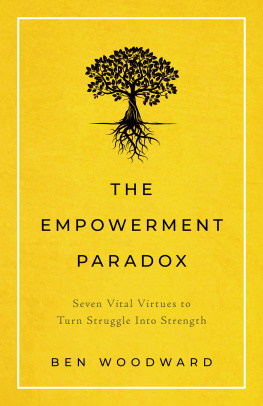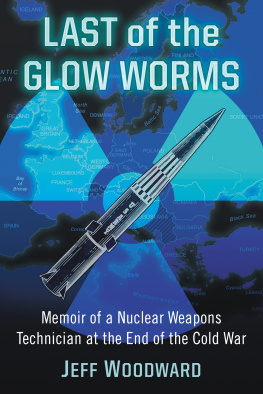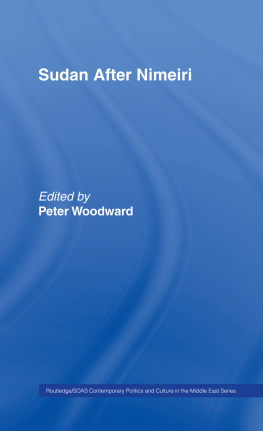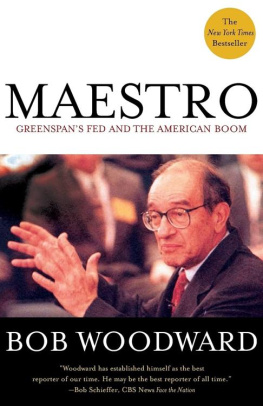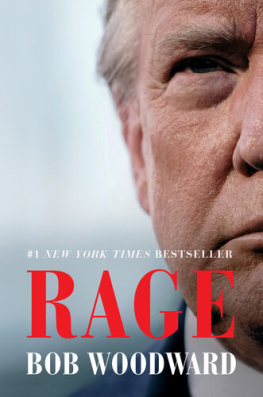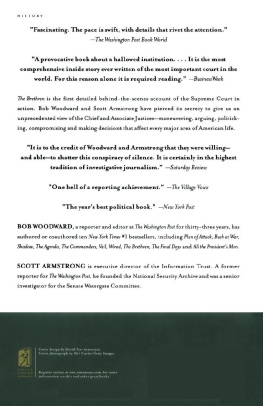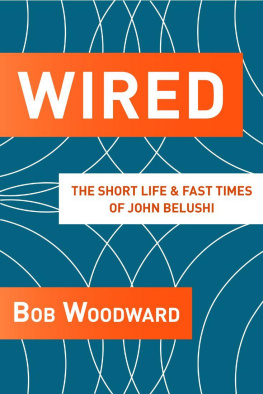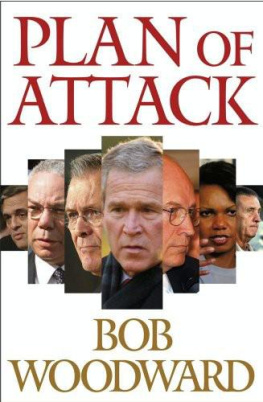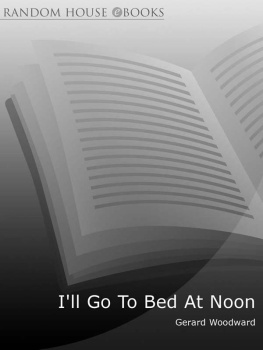Bob Woodward - Wired
Here you can read online Bob Woodward - Wired full text of the book (entire story) in english for free. Download pdf and epub, get meaning, cover and reviews about this ebook. year: 2012, publisher: Simon & Schuster, genre: Detective and thriller. Description of the work, (preface) as well as reviews are available. Best literature library LitArk.com created for fans of good reading and offers a wide selection of genres:
Romance novel
Science fiction
Adventure
Detective
Science
History
Home and family
Prose
Art
Politics
Computer
Non-fiction
Religion
Business
Children
Humor
Choose a favorite category and find really read worthwhile books. Enjoy immersion in the world of imagination, feel the emotions of the characters or learn something new for yourself, make an fascinating discovery.
- Book:Wired
- Author:
- Publisher:Simon & Schuster
- Genre:
- Year:2012
- Rating:5 / 5
- Favourites:Add to favourites
- Your mark:
- 100
- 1
- 2
- 3
- 4
- 5
Wired: summary, description and annotation
We offer to read an annotation, description, summary or preface (depends on what the author of the book "Wired" wrote himself). If you haven't found the necessary information about the book — write in the comments, we will try to find it.
Wired — read online for free the complete book (whole text) full work
Below is the text of the book, divided by pages. System saving the place of the last page read, allows you to conveniently read the book "Wired" online for free, without having to search again every time where you left off. Put a bookmark, and you can go to the page where you finished reading at any time.
Font size:
Interval:
Bookmark:
Thank you for downloading this Simon & Schuster ebook.
Get a FREE ebook when you join our mailing list. Plus, get updates on new releases, deals, recommended reads, and more from Simon & Schuster. Click below to sign up and see terms and conditions.
CLICK HERE TO SIGN UP
Already a subscriber? Provide your email again so we can register this ebook and send you more of what you like to read. You will continue to receive exclusive offers in your inbox.
Washington Post editor Benjamin C. Bradlee and Simon and Schuster president Richard Snyder were, as they had been on three previous occasions, the sponsors of this work. I cannot thank them enough for their many indulgences and kindnesses. Without them this project would not have been undertaken. Others who provided invaluable assistance include: Jane Amsterdam, for support, editing and toughness that aided at every step; Milton Benjamin for sound guidance; David Maraniss for advice, support and mature judgment; Carol Melamed for a lawyers careful read; Andrea Kingsley and Barbara Feinman for countless assists; Olwen Price for expert typing; Jennifer and Laughlin Phillips for housing on Marthas Vineyard; Broadway Video for tapes, photos and research assistance; Marcia Resnick for photos; various newspapers and magazines as noted in the text, especially Rolling Stone, for its chronicle of Belushi, the show business and youth culture.
Special thanks to Washington Post managing editor Howard Simons for prodding me along the way.
Others at Simon and Schuster who deserve many thanks are Ann Godoff, Michael Gast, Joni Evans, Dan Green, Judy Lee, Maria Iano and Alex Gigante.
Alice Mayhew, my editor at Simon and Schuster, worked hard and provided more attention and time than any author should expect. Her wisdom and honesty could not have been found elsewhere.
And to Elsa Walsh, my esteem and affection for direction, advice, an editors sharp pencil and a friends gentle encouragement.
John Ward Anderson, a 1981 Harvard graduate, assisted me in all aspects of producing this bookits conception, the reporting, research, writing and organization. His role could not have been greater. He is a dedicated journalist and tireless worker. This book is as much his as it is mine.
In the summer of 1982 I received a call at The Washington Post, where I work, from Pamela Jacklin, a sister-in-law of John Belushi, who had died of a drug overdose three months earlier. She said there were still many unanswered questions surrounding Johns death, and she suggested I look into it. John Belushi was not a natural subject for my reporting; I had concentrated on Washington stories and knew very little about his show business worldtelevision, rock and roll, and Hollywood. But I was curious.
On Thursday, July 15, I took the shuttle to New York City to meet his widow, Judy Jacklin Belushi. My notes taken that day say: The house is subdued, a very dark place, and Judy is a peppy, small woman... she has a very precise memory and exact sense of what she knows, what she has heard, and where others she has spoken with get their information. Three weeks later I visited her again, this time for three days on Marthas Vineyard. She spent hours explaining John, his career and his life, perhaps to retrieve a memory and also an understanding. She did not romanticize; she seemed to stick to the facts as she knew them, and it became apparent that she, many of her friends, and many more of Johns former associates were willing to provide me with a detailed, relatively uncensored recollection of him, his career, and the events leading up to his death.
These were the first of twenty-one interviews and a dozen or more other discussions I had with Judy Belushi over the next year. She and her sister, Pam Jacklin, who is the attorney for John Belushis estate, provided me with access to his financial records and many of his personal papers. They encouraged others to help me but neither requested nor received any assurances about what I would write. (They did not see the manuscript before publication.)
The project was conceived as a series of articles for the Post, but Bernie Brillstein, Johns former manager, warned me, Johns a book, not a series of articles. It was soon apparent that he was right.
All the information in this book comes firsthand from witnesses or records. Of those interviewed, 217 spoke on the record and the information they gave me makes up the core of the book. The source of each section of the book is listed by name in the chapter notes. Another group of about fifty people spoke on background, meaning the information they provided could be used but not directly attributed to them. This information was generally supplementary, and these background sources were used mainly to confirm details provided on the record by others. In several cases, as noted, information given to police or prosecutors was used. On the few occasions that people mentioned in the book declined to be interviewed or could not be located, this fact is noted in the chapter notes.
In addition, written records provided important information as well as a chronology and a guide to interviewing the key people in Belushis life. These records included appointment calendars, diaries, telephone records, credit card receipts, medical records, handwritten notes, letters, photographs, newspaper and magazine articles, stacks of accountants records covering the last several years of Belushis life, daily movie production reports, contracts, hotel records, travel records, taxi receipts, limousine bills and Belushis monthly cash disbursement records.
A number of drug suppliers and users are named. In several cases, there is some disagreement over the extent to which certain individuals were suppliers, dealers or users. That disagreement is reflected in the text.
This book, like any other project of comparable length, has primary sourcespeople who were relied on more than others, who were close to the subject and were found to be reliable. They are also the major figures in the story of John Belushis life. If they are present in a scene in the book, the information came from them or it was generally confirmed by them. This applies particularly to matters regarding personal thoughts, conclusions, feelings and states of mind.
The use of quoted dialogue comes directly from the participants as they said they recalled it.
John Belushi and I both grew up in Wheaton, Illinois, and went to the same high school. He graduated in 1967, six years after I graduated. But we never met. The streets, stores, teachers, coaches, families, and the character of that small Midwestern town are familiar to me, but Wheaton is just a small part of this story.
His story, however, emerges from and reflects three American citiesChicago, where his comedy and acting career were rooted; New York, where it grew and flourished; and Los Angeles, the entertainment capital, the city of the greatest temptations, the place where he died.
To follow Belushis path I traveled from coast to coast many times, visiting everyone possible and everywhere possible. The trail led me from the lavish suites at the Beverly Hills Hotel, the bungalows and the Polo Lounge, to the seedy little apartments of the drug dealers off Sunset Boulevard, and to New York City and the accountants files, the Central Park West apartments of friends, and the downtown underground clubs that he loved.
In one interview I found myself led down to a cramped, windowless office in the basement of an uptown bar where the owner recalled his experiences with Belushi. For another I had to go to bed early and set my alarm for 3:30 A.M. to visit one after-hours clubone of Johns favoritesthat didnt open until 4 A.M.
I visited the Warner Brothers lot to see director Steven Spielberg and actor Chevy Chase. At the Universal lot I interviewed director Louis Malle and Belushis former partner, Dan Aykroyd. At Paramount there were the executives who run the studio and actress Penny Marshall. When Belushis former agent, Mike Ovitz, declined my interview request, Marshall took me uninvited to a party at Ovitzs home. He later agreed to several long phone interviews.
Next pageFont size:
Interval:
Bookmark:
Similar books «Wired»
Look at similar books to Wired. We have selected literature similar in name and meaning in the hope of providing readers with more options to find new, interesting, not yet read works.
Discussion, reviews of the book Wired and just readers' own opinions. Leave your comments, write what you think about the work, its meaning or the main characters. Specify what exactly you liked and what you didn't like, and why you think so.

